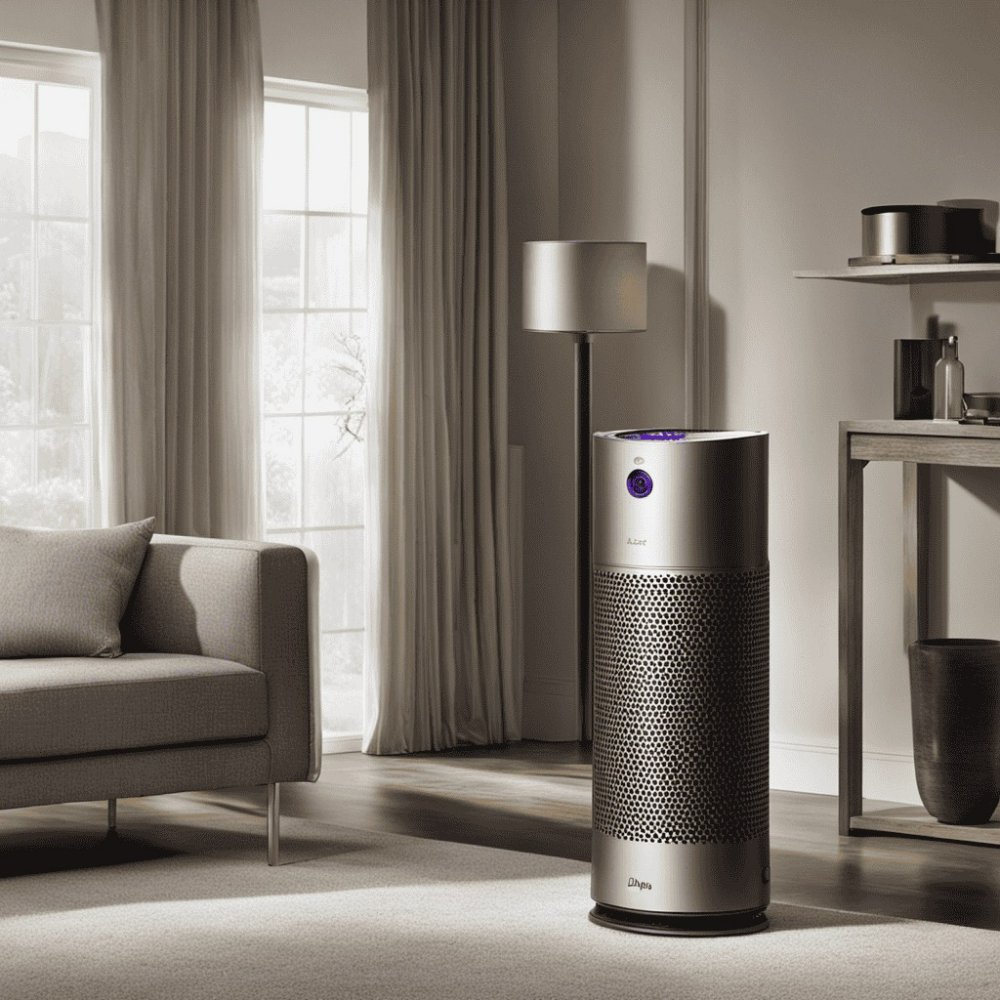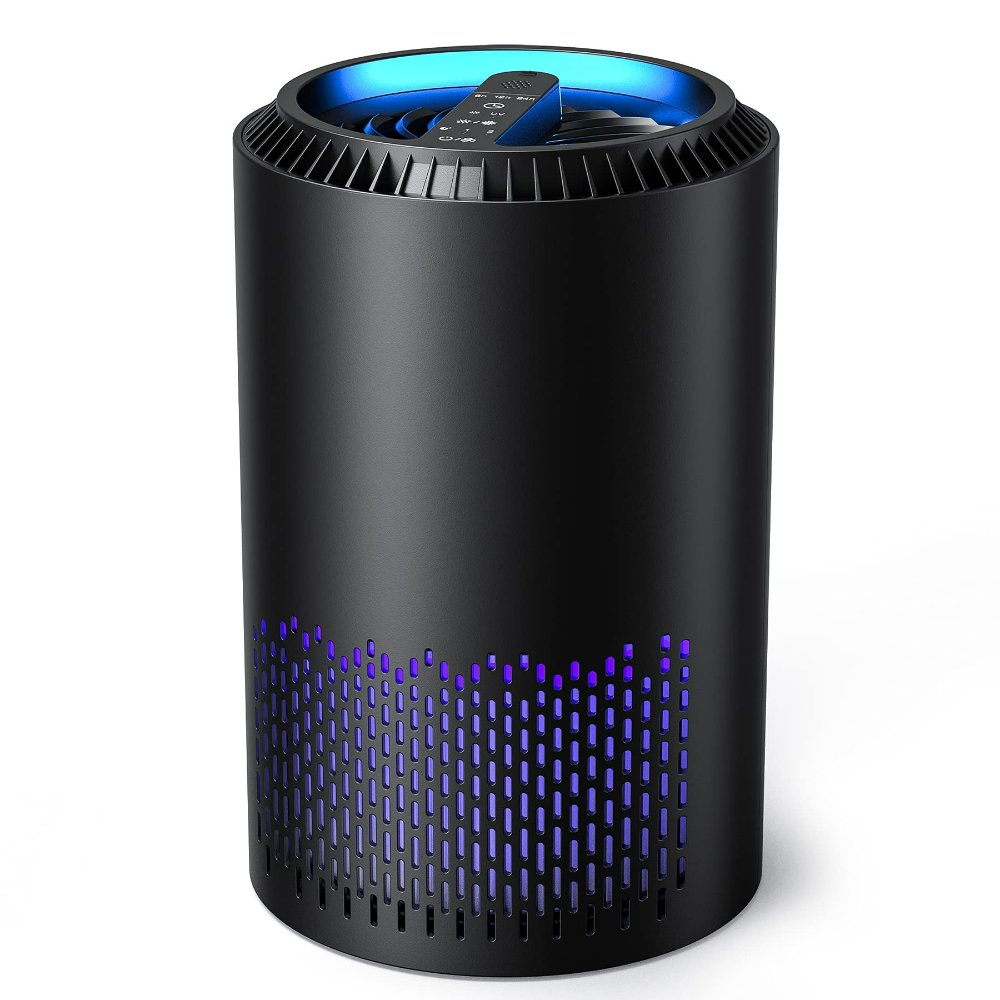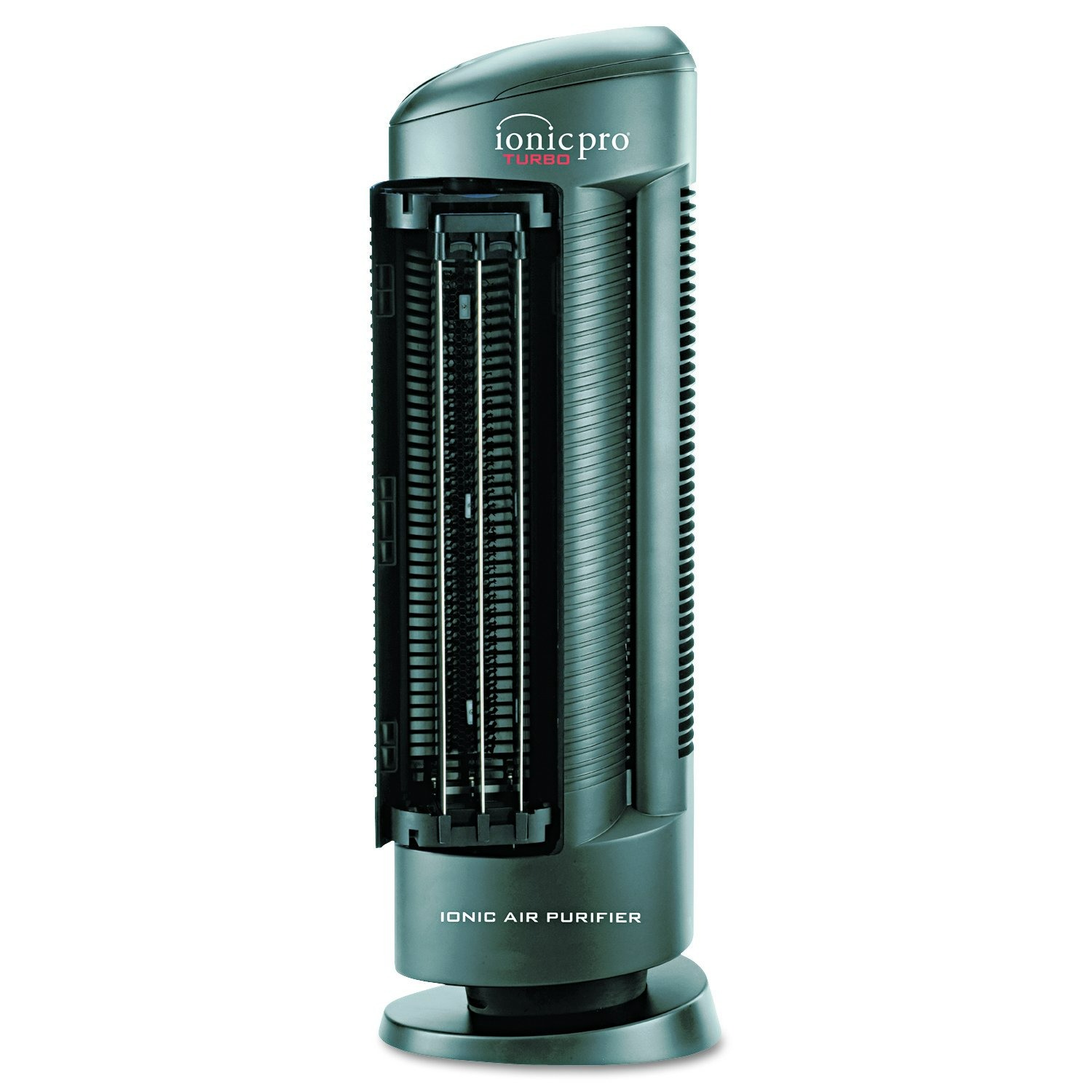Air purifiers have gained significant attention in recent years, especially among allergy sufferers. As seasonal allergies and indoor air pollutants continue to trigger symptoms such as sneezing, itchy eyes, and respiratory issues, many people explore effective means to alleviate these conditions. One prevalent solution is the air purifier. This article delves into the question: does air purifier work for allergies? We will explore how air purifiers operate, their effectiveness against common allergens, and the specific benefits they provide for those suffering from allergies.
Understanding Common Allergens in Indoor Spaces
Before determining whether air purifiers effectively combat allergies, it’s essential to understand the primary allergens that contribute to these health issues. Common indoor allergens include dust mites, pet dander, mold spores, pollen, and smoke. Dust mites thrive in bedding, upholstery, and carpets, while pet dander comes from fur or skin shedding from household pets. Mold spores can develop in moist environments, and pollen originates from outdoor plants, often finding its way indoors.
Indoor air pollutants can exacerbate allergy symptoms, making it necessary to address air quality to improve overall health. Many people mistakenly believe that simply cleaning their home regularly is sufficient to manage allergens, but standard cleaning methods often fail to eliminate the microscopic particles that enter the air. As a result, these allergens continue to circulate, aggravating respiratory conditions and allergy symptoms. Therefore, investing in an air purifier becomes an attractive solution for those seeking relief.

How Air Purifiers Work: The Science Behind the Technology
Air purifiers work by employing a combination of filtration technologies to capture and reduce airborne particles. Understanding this process can clarify whether air purifiers genuinely help alleviate allergy symptoms. Most air purifiers utilize HEPA (High-Efficiency Particulate Air) filters, effective in trapping up to 99.97% of particles as small as 0.3 microns. Dust, pollen, mold, and pet dander typically fall within this size range, making HEPA filters particularly effective for allergy sufferers.
When an air purifier operates, it draws air from the surrounding space into the device. The air goes through the HEPA filter, which captures unwanted particles. Some advanced models also include additional filtration methods, such as activated carbon filters for absorbing odors and volatile organic compounds (VOCs), or UV light to eliminate bacteria and viruses.
In essence, air purifiers not only help alleviate allergy symptoms but also contribute to improved overall air quality. As the device continuously cycles air, it ensures that the allergens within the environment decrease significantly over time. Regular usage amplifies these benefits, providing a consistent and ongoing reduction of indoor allergens.
The Impact of Air Purifiers on Allergic Reactions
Numerous studies and anecdotal evidence have detailed the positive impact of air purifiers on allergies. Research indicates that individuals who use air purifiers experience fewer allergy symptoms and report significant improvements in their quality of life. One study, published in the Journal of Allergy and Clinical Immunology, found that using an air purifier significantly reduced overall indoor particulate matter and allergens, leading to better respiratory health among participants.
By targeting specific triggers, air purifiers help minimize the frequency and severity of allergy attacks. Moreover, their consistent operation creates a healthier indoor environment, encouraging better sleep and overall well-being. This improvement stems from cleaner air and reduced symptoms – individuals can breathe easier and experience less frustration when managing their allergies.
Furthermore, air purifiers hold particular benefits for those with asthma, as the removal of allergens enhances both comfort and safety. Since allergens can provoke asthma attacks, a reduction in airborne irritants can substantially improve breathing for asthmatic individuals. According to research published by the American Thoracic Society, air purifiers can serve as an effective adjunct to standard asthma therapies, particularly for those whose triggers include airborne allergens.

Selecting the Right Air Purifier for Allergy Relief
When selecting an air purifier, a myriad of options is available on the market. Not every air purifier effectively addresses allergy issues, so understanding what features and specifications to look for is crucial. Here are several key factors that can aid in choosing the right air purifier for your needs:
HEPA Filtration
Ensure that the air purifier contains a true HEPA filter. Only these filters guarantee the 99.97% particle removal rate. Some manufacturers may use terms like “HEPA-type” or “HEPA-like,” but these filters do not meet the energy and efficiency standards set by the U.S. Department of Energy. Avoid these lesser filters.
Room Size
Different air purifiers cater to specific room sizes, so it’s crucial to select one appropriately rated for your space. An insufficiently powerful air purifier will not adequately clean the air, while one intended for significantly larger areas may be unnecessary and waste energy.
Noise Level
Air purifiers vary in noise output, often rated in decibels (dB). Consider where you plan to place the unit, and choose one that operates quietly if you plan to use it in a bedroom or living area. Most manufacturers offer noise ratings, allowing you to compare models effectively.
Additional Features
Some advanced air purifiers come with additional features such as smart sensors, air quality monitors, and mobile app connectivity. These functions allow users to track air quality in real-time, making managing pollution at home more straightforward. While not necessary, these add-ons can enhance the user experience.
Maintenance and Filter Replacement
Every air purifier requires regular maintenance, including filter replacement. Check how often filters need replacement and what they cost. The ongoing expense of maintaining an air purifier can vary significantly among models, so factor this into your decision.

Best Practices for Maximizing Air Purifier Efficiency
To ensure that your air purifier provides the maximum benefits for allergy relief, follow these best practices:
Place the Air Purifier Strategically
Positioning your air purifier is vital for its effectiveness. Place it in the room where you spend the most time, such as your bedroom or living room. Avoid placing it in corners or behind furniture, as this can obstruct airflow. Keeping doors and windows closed while the air purifier operates also helps prevent outdoor allergens from infiltrating your space.
Maintain a Regular Cleaning Schedule
To ensure your air purifier operates optimally, adhere to a regular cleaning schedule. Dust and vacuum your home frequently to reduce the accumulation of allergens, which will decrease the load on your air purifier. Additionally, clean the exterior of the air purifier as recommended by the manufacturer to maintain efficiency.
Monitor Filter Condition
Keep track of the condition of your air purifier’s filter. Replace it according to the manufacturer’s instructions to maintain optimal performance. Many air purifiers include filter change indicators to serve as reminders, ensuring you keep your device operating effectively.
Combine with Other Allergy Management Strategies
While air purifiers significantly help reduce allergies, combining their use with other allergy management strategies enhances effectiveness. Regular cleaning, minimizing clutter, using hypoallergenic bedding, and temporarily avoiding animals (if allergic) also contribute to improved allergy management.
Common Misconceptions About Air Purifiers and Allergies
Despite the proven benefits of air purifiers, several misconceptions persist regarding their effectiveness in allergy relief. Here are a few key misunderstandings that often circulate:
Air Purifiers Eliminate All Indoor Allergens
Air purifiers do not necessarily eliminate all allergens from indoor spaces. While they effectively reduce airborne particles, allergens can still settle on surfaces like carpets, furniture, or walls. Regular cleaning and maintenance, along with using air purifiers, will yield the best results in controlling allergy symptoms.
Air Purifiers Are Only Necessary During High Pollen Seasons
Many individuals wrongly believe that air purifiers are only beneficial during peak allergy seasons, such as spring or fall. In reality, indoor allergens such as dust, pet dander, and mold exist year-round. Investing in an air purifier offers consistent relief, regardless of the season.
Using Air Purifiers Will Completely Remove Allergy Symptoms
While air purifiers can lead to significant reductions in allergy symptoms, they do not serve as a cure-all. Other considerations, such as underlying health conditions and individual triggers, play a significant role in how well a person manages their allergies. Combining air purifiers with a comprehensive allergy management plan leads to the best outcomes.
Real-Life Experiences: User Testimonials on Air Purifier Benefits
Many users report positive changes after incorporating air purifiers into their homes. Testimonials reveal stories of relief from allergy symptoms, improved sleep quality, and an overall healthier living environment.
One user, who battled seasonal allergies, shared that using an air purifier significantly reduced their dependence on over-the-counter allergy medications. They noted fewer sneezing fits and less congestion at night, contributing to a more restful sleep experience. Another family, dealing with pet allergies, expressed their gratitude for how their air purifier captured pet dander, making home life more manageable and comfortable.
Medical professionals also weigh in, encouraging patients with allergies or asthma to consider using air purifiers to complement treatment plans. Their support reinforces the idea that air purifiers represent an effective tool in the broader fight against allergies.
Conclusion: Taking Control of Your Allergy Symptoms
If you often struggle with allergies, investing in an air purifier can significantly improve your quality of life. By removing airborne allergens and enhancing indoor air quality, these devices provide effective solutions for allergy sufferers. Understanding how air purifiers work, selecting the right model, and implementing strategies to maintain their efficiency allows you to maximize the benefits.
Ultimately, air purifiers help create a healthier living environment, empowering individuals to take control of their allergy symptoms and breathe easier. Start your journey toward relief today by exploring the best options available, and join the countless others who have discovered the life-changing benefits of using an air purifier for allergies.